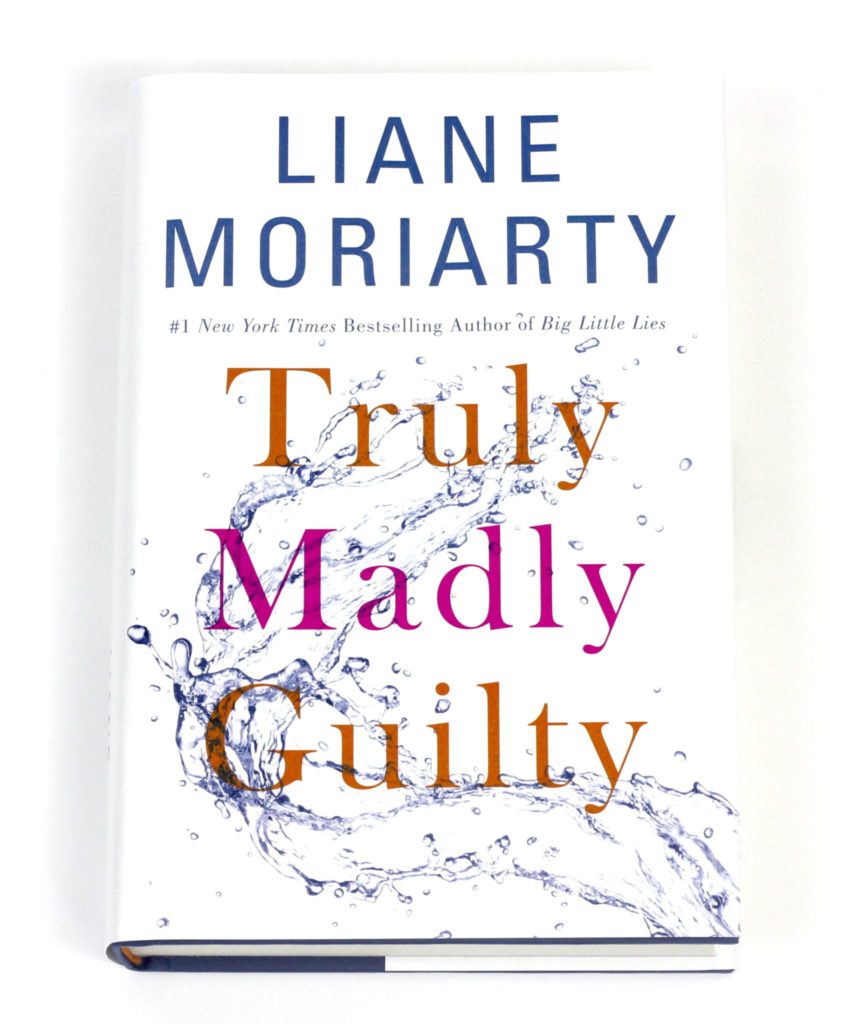

It was a freaking minefield." Did you feel yourself judging Tiffany because of her background? The second part of the quote touches on women’s body issues, a recurring theme in Moriarty’s novels. It was all mixed up with their feelings about sex, which sadly for most people were always inextricably linked with shame and class and morality (some people thought she was confessing to an illegal act), and for the women there were issues relating to body image and jealousy and insecurity, and the men didn’t want to look too interested, even though they were generally very interested, and some men got that angry,defensive look as if she were trying to trick them into revealing a weakness, and most people, men and women, wanted to giggle like teenagers but didn’t know if they should. Discuss Tiffany’s meditation on sex: "People had such complicated feelings when they heard that she’d been a dancer. What does Clementine mean when she thinks back on the "extraordinaryordinariness" of her life before the barbecue? How is the ordinary treated in this novel? Do you think it’s inevitable that we don’t appreciate the ordinary? Do we need a life event as jarring as what happened to Sam and Clementine in order to fully appreciate our lives?ĥ. Erika’s psychologist tells her, "You’ve got to get this idea out of your head about there being some objective measure of normality.… This ‘normal’ person of whom you speak doesn’t exist!" Do you agree? Do you think this relates back to Tolstoy’s famous quote, "… each unhappy family is unhappy in itsown way"? Is the real normal that, once you scratch the surface, no family is normal?Ĥ.


The epigraph is a Claude Debussy quote: "Music is the silence between the notes." What does that mean to you? How significant are silences and the unsaid in this novel?ģ. Why do all of the characters feel so guilty? Should they? How do they deal with their guilt?Ģ.


 0 kommentar(er)
0 kommentar(er)
